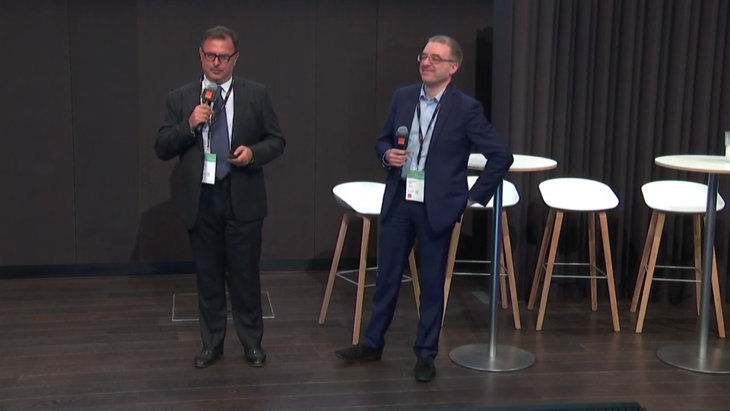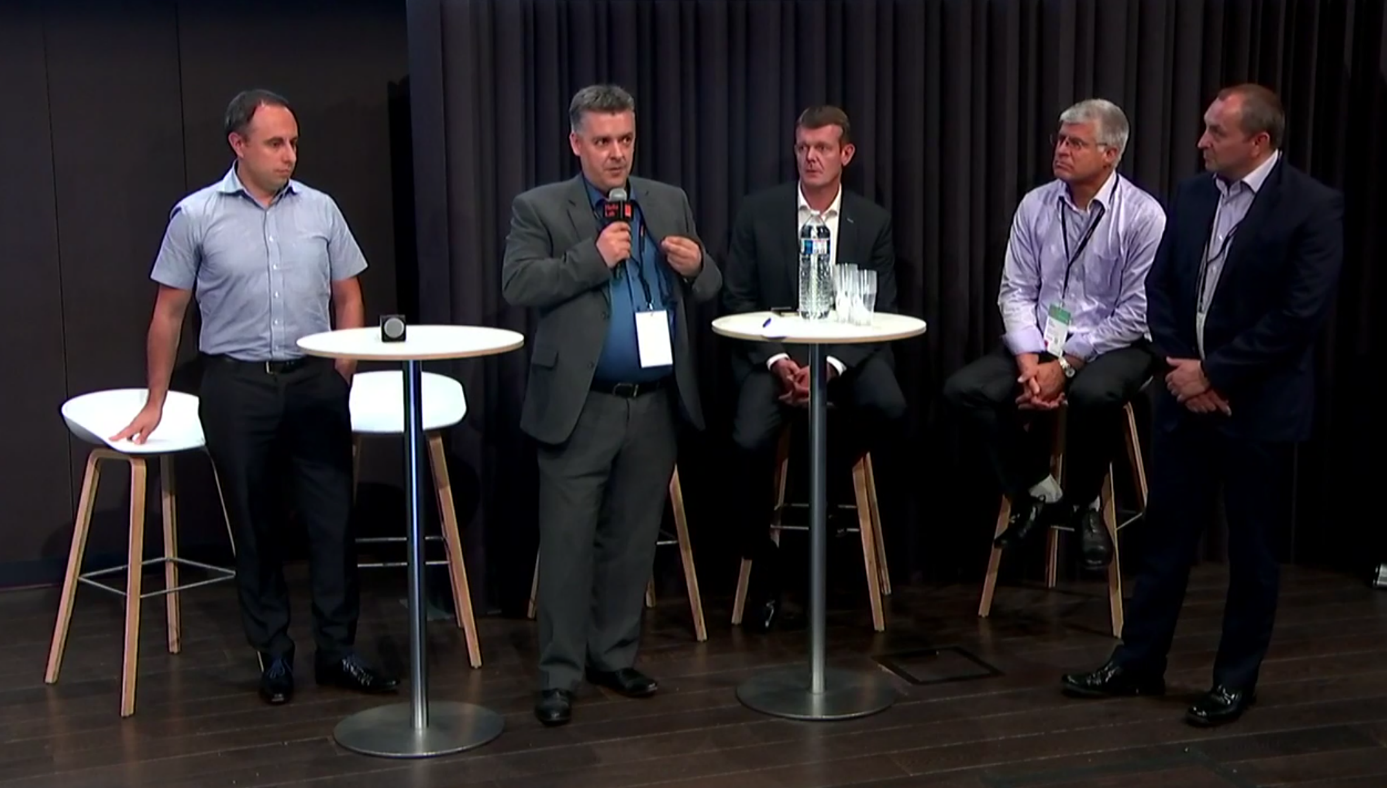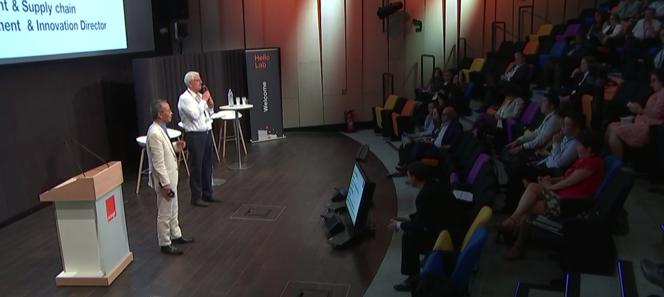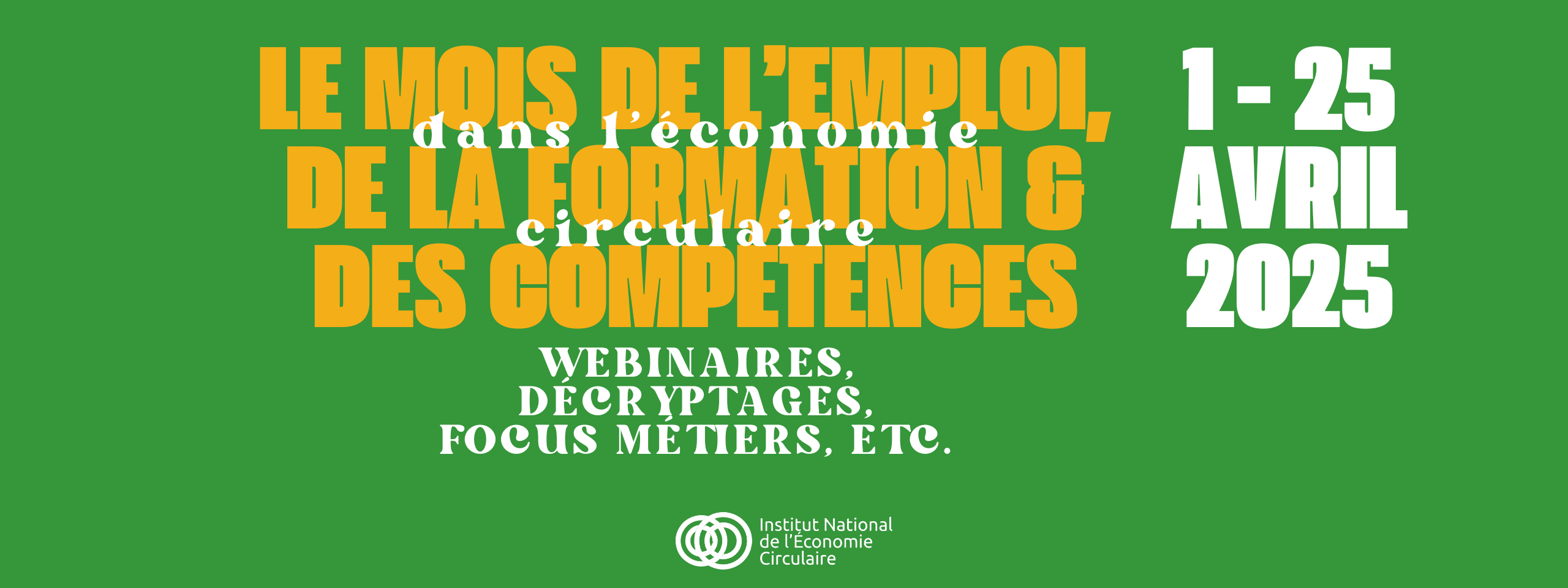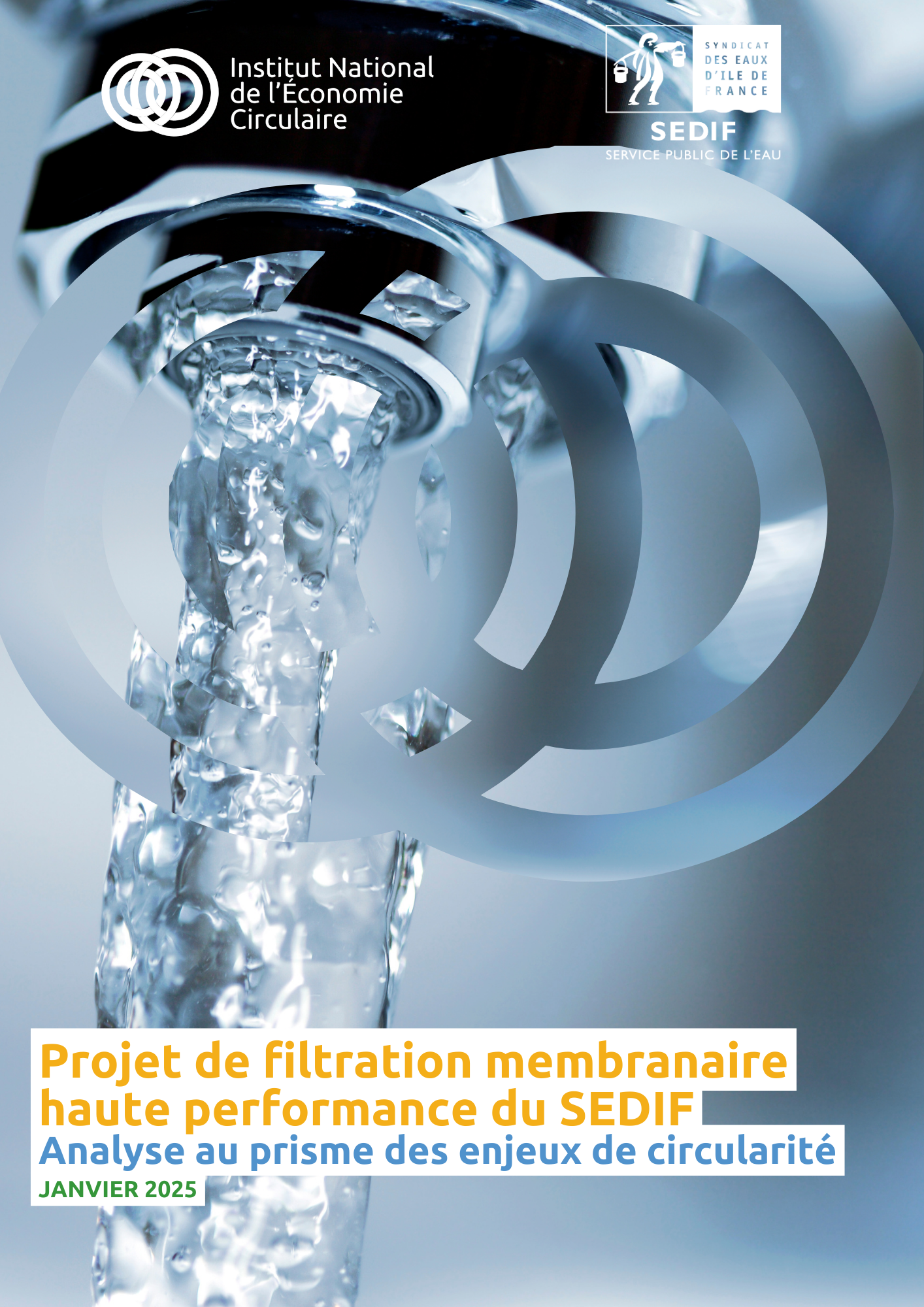Le 29 juin 2018 s’est tenue la 4ème édition du Forum RSE fournisseurs du groupe Orange, sur le thème « L’économie circulaire, une transformation industrielle pour Orange », co-animé par Emmanuelle Moesch, chargée de mission à l’Institut de l’économie circulaire.
Retrouvez le programme et l’ensemble de l’évènement en VOD : http://fournisseurs.orange.com/fr/web/guest/forum-2018
Orange has long been active in many CSR domain ; during the COP 21, the groupe made circular economy a priority, pledging to include it globally in company practices by 2020. The group’s transversal engagement was demonstrated by opening remarks from Geoffroy de Buchet (Senior Vice President, Orange Global Procurement and Supply chain) Emmanuel Lugagne Delpon (Vice President, Orange Technology and Global Innovation) and Brigitte Dumont(Group CSR Director, Orange Corporate Social Responsibility).
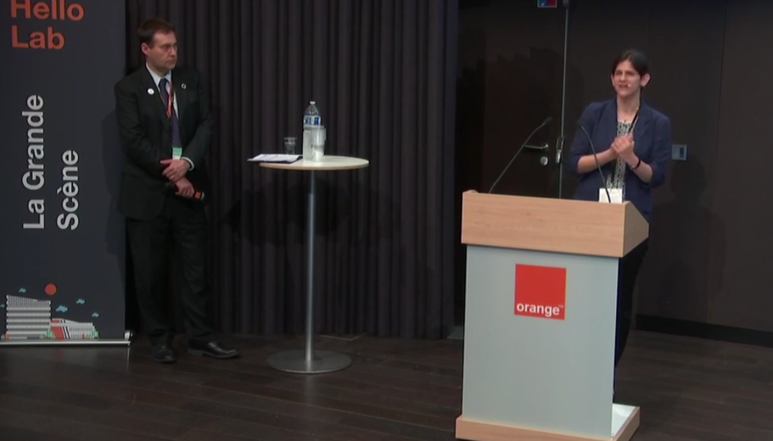 The sessions were moderated by Thibault de Montrion (CSR Manager, Orange GPS) and Emmanuelle Moesch (Institut national de l’économie circulaire).
The sessions were moderated by Thibault de Montrion (CSR Manager, Orange GPS) and Emmanuelle Moesch (Institut national de l’économie circulaire).
Complete programme and video of the 2018 Orange CSR suppliers forum : http://fournisseurs.orange.com/fr/web/guest/forum-2018
Projects summaries
Joint Audit Cooperation including Circular Economy
The Joint Audit Cooperation connects various telecommunication key-players to engage their suppliers in a path for CSR. This collaboration allows them to have a common clear message with commonly set goals and coaching, making it easier for suppliers and more enforceable for clients. The new Circular Economy initiative will allow to raise awareness and implement new, innovative, resource efficient models.
Open Source in Network Hardware serving the Circular Economy
Open source and open source hardware is an innovative approach where knowledge is shared through publicly available design. This allows to foster circular economy practices with easier access to repair, adapt and improve products rather than dispose of them; it also fosters transparency. It is a source of innovation for society as a whole and companies, who, like Orange, are able to build on disruptive business models and focus on their added value.
Mobile devices refurbishment and recycling
The mobile device refurbishment and recycling initiatives are an example of implementing circular economy before it was named circular economy. By collecting a dormant resource of used mobile phones and reusing or recycling them, they save resources. They also respond to consumer expectations and raise awareness on circular economy. Finally, they created new jobs both in France and in Africa.
Home Device Refurbishment within Orange Footprint
Home Device Refurbishment goes hand in hand with a service-based economy and demonstrates public acceptance for this model. By keeping ownership over the products, Orange can maximise the benefits of buying sturdier, reparable products. Collaboration with suppliers is key to build eco-designed products with cosmetic, technical and software adaptation, and significantly improve environmental impacts.
Network Reuse and Refurbish
Reuse and refurbishment is key both for Capex constraints and CSR engagement. The case of internal network reuse from Cameroun to Niger also allowed service extension at lower costs. Juniper’s Certified Pre-Owned Program with PureWrx shows the benefit of a manufacturer based, warrantied second hand market. These projects have a real impact on CSR and total cost of ownership, and as such they will gain more and more importance in supplier choice.
Circular economy tomorrow
Circular economy calls for innovation; participation in multi-actor research projects allows Orange to be in the lead on circular economy innovations. The Second-Life project works on extracting the best environmental and economic value from electronic component through new reuse and recycling techniques. Another project examines how modularity in ICT can diminish environmental footprint. Developed knowledge can then be used to define KPI’s, rolled out in supplier requirements, and may integrate future norms and standards.
Key takeaways
- A global transition to circular economy is vital to face environmental and resource challenges.
- Orange has taken the lead by choosing to implement circular economy in all its activities as a global strategy. This vision has already translated to effective actions today, and many more will follow.
- Collaboration between Orange and its suppliers is fundamental to implement this vision; as such, offers built around circular economy will gain more and more importance in supplier choice (going from nice to have to main criteria).
- Eco-design is key to allow service economy, refurbishment, reuse, longer time use, and other circular economy actions.
- While technical solutions to reuse, repair, recycle, exist already, organizational and logistic challenges are harder to tackle and require specific know-how and increased stakeholder collaboration, particularly between Orange and its suppliers.
- Circular economy is a CSR vision, but also an economic advantage in total cost of ownership. Circular economy as a strategy will allow for Orange to be resilient and thrive as a business in a responsible vision.
- Circular economy actions today help bring better service to citizens worldwide and create new jobs and development locally.
Closing remarks by Yves Nissim (Orange Corporate Social Responsibility, Group Deputy chief) et Alex Wang (Orange Global Procurement & Supply chain Supplier Management & Innovation Director) stressed the importance of Orange and its suppliers engaging together in the circular economy, a fast moving transformation which tackles together CSR and economic stakes.



